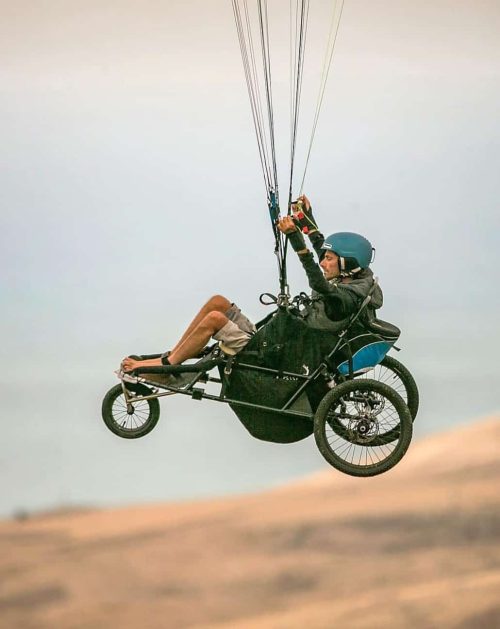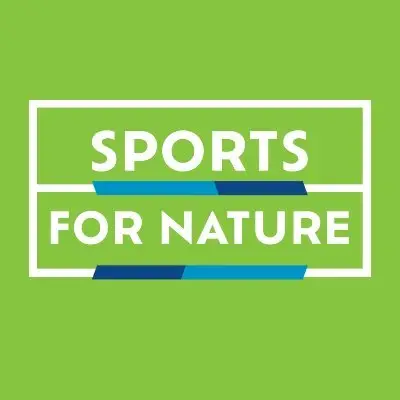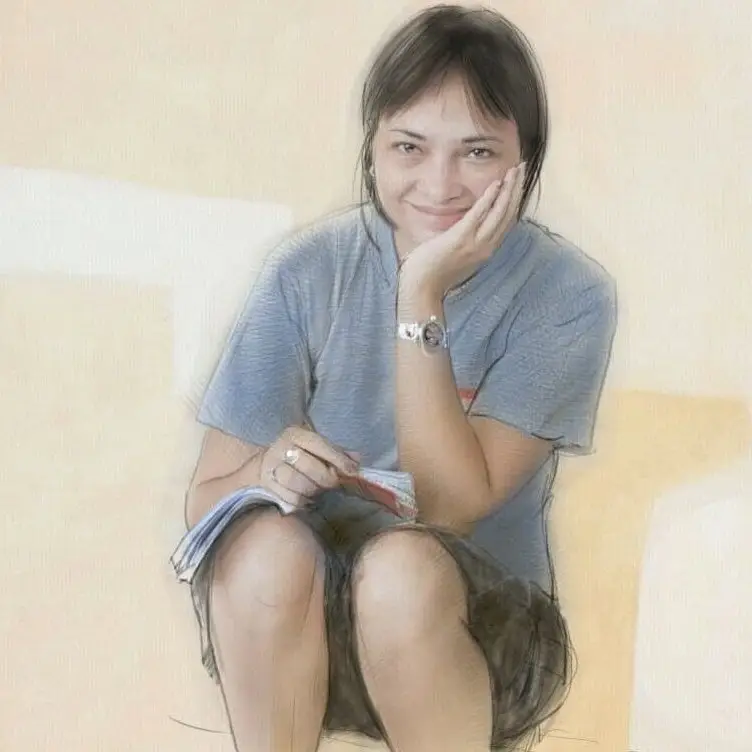What is accessible tourism?
Accessible tourism is also known as Inclusive tourism, but what ever you call it, or however you define it, the meaning and aim is the same.
“Accessible tourism is the ongoing endeavor to ensure tourist destinations, products, and services are accessible to all people, regardless of their physical or intellectual limitations, disabilities or age. It encompasses publicly and privately owned and operated tourist locations.” Wikipedia.

“Inclusive Tourism is about reducing uncertainty around what to expect from a destination or service. It’s about creating an environment where all people feel welcome and included. It creates choice and instils confidence in all people, empowering them to sign up for new experiences.” Tourism e School.
It is not just focusing on people with disabilities – it is also about families with kids, or the elderly; it is not just about access to the activity itself – but also about how they can access the information they need before hand, whether the location will be suitable for them to cope with, whether the staff will be able to help them with their specific needs, whether any specialised equipment is needed for them to participate, and most importantly of all, whether the activity will be something they will be able to cope with and enjoy.
Why should tourism organisations be focussing on accessible tourism?
The United Nations estimates that there are over 1 billion persons with disabilities globally, which is about 15 percent. Which is nearly 1 in 5 people. According to Travability 88% of people with a disability in Australia take a holiday each year. The total tourism expenditure attributable to the group is Aus$8bn per year as part of overall tourism expenditure. This is a clear indication that this is a potential group of tourists that should be provided for and tapped in to.
And if you consider that these individuals often travel with one or more other adults, for instance, family members and/or carers of people with intellectual disabilities, according to the WHO, the potential tourists doubles in size.
In 2014 and 2015, more than 26 million adults with disabilities traveled for either business or pleasure.
Who benefits when tourism is inclusive?
The ageing population, people who use wheelchairs or other equipment that help them move about, children, people with temporary mobility limitations, people with prams, people with hearing or vision impairments, people with social or mental challenges, people who don’t speak the local language … and their traveling companions – just about everyone. Tourism e School.
What can rafting organisations do to make themselves more inclusive / accessible?
 For rafting operators it is an opportunity to set yourself apart. Take a look at your operations and start identifying areas where you can cater for a wider range of guests. It may surprise you how simple, safe and cost effective it is to cater for all abilities.
For rafting operators it is an opportunity to set yourself apart. Take a look at your operations and start identifying areas where you can cater for a wider range of guests. It may surprise you how simple, safe and cost effective it is to cater for all abilities.
Rafting is a team sport, with practical guides and everyone is sitting – making it a very simple transition to be more inclusive.
Accessibility/ Inclusion is about:
- Education – of the operators about possibilities
- Information: – to the clients to confidently book their experience
- Cooperation: – between you the operator and your inclusive client
- Adaption – when needed, e.g. support seats, dry suits
- Promotion – so inclusive clients realise what’s possible
Look at all aspects from the initial phase when someone is looking for an activity that is accessible to them, through to them arriving and then to getting them onto the water and safely down the river. Think about their experience at every stage by putting yourself in a variety of customer’s shoes and pay attention to the details… small things can make a huge difference. Tourism e School.
Key areas operators can focus on:
A. Educating yourself and staff members of what is possible.
- Understanding possibilities – adaptive rafting has been operating for years.
- Knowing your client – every ability is different, your client is an expert in themselves.
- Accessing the river – methods of transferring clients and getting client on the river.
- Clients safety – appropriate flows, grades & guides/ water and air temperature.
B. Information for your clients to book:
- Have correct and consist information available on your website and across all your media platforms so your clients can understand and decide if this experience suits their abilities. Client or operator can adapt if necessary.
- Be accurate and truthful about your infrastructure, transportation, river access and river experience.
- Use photos and videos to illustrate what you have.
C. Cooperation between yourselves and your client
- Reassurance and understanding is a must! Provide a contact point like WhatsApp that is easy to use and they can get personalised answers. Even send photos, videos if needed.
- Knowing what questions to ask your client on first contact; make sure they provide you with details including, swimming ability, weight for transfers, level of function, ability to stay warm (cold river environment), mode of mobility and any areas of specific concern.
- Educate managers and booking staff to ensure they can deal with whatever they get asked and what you offer. A very handy document is Makingtrax’s Standard Protocols for clients in a wheelchair.
D. Adaptions
 Know what adaptive equipment is available and how to use it safely. Support seats designed for rafting are available from Makingtrax, New Zealand.
Know what adaptive equipment is available and how to use it safely. Support seats designed for rafting are available from Makingtrax, New Zealand.- If any adaptive equipment is used to support clients it must be:
-
- Releasable, if raft was to capsize.
- Non-abrasive on skin / don’t cause pressure areas on skin.
- Able to fit client correctly.
- Some clients will find it difficult to stay warm, so on cold rivers dry suits may be required.
- Something as simple as K-tape or a bright helmet for safety (swimmer ID) is all that’s needed.
- Adapt the Safety Talk to cover the needs of your Inclusive clients.
- Add extra safety team members if there is a need.
E. Promotion – You can make your product possible, but people need to know! Be proud and share your inclusion with everybody on your:
- Website
- Marketing materials and brochures
- Social media
- Video productions
Companies and organisations that are working on Inclusive / Accessible tourism
We’d like to build up a location for people to access information about inclusive/ accessible rafting. If you are a rafting tour operator or an organisation or know of ones that offer or work in inclusive/ accessible tourism, then please send us the details and what it is that is offered so we can list them on our website here.
- Jezza Williams worked as a raft guide around the world until a canyoning accident changed all that. But that’s not stopped him doing great things. He created Makingtrax which focuses on the experience rather than infrastructure. Through the simplicity of education, information, cooperation and only if needed adaption. It opens the tourism industry to everyBODY..
National Geographic UK had this to say about Makingtrax – “In New Zealand, initiatives like Makingtrax are a good indication of what the future has in store. The scheme brings together several accessible-friendly operators from across the country, whether they specialise in whitewater rafting, tandem skydives, kayaking or canyon swings. It functions as a sort of membership collective, collecting the relevant operators together in one place.”
 Saeed Zaroori, is an adventure junky in a wheel chair and feels life needs to be lived to the fullest. He is on the IRF’s Para Rafting Committee and says, if you’re keen on one on one chats with him about how he’s gone about it then contact him directly through www.saeedzaroori.com.
Saeed Zaroori, is an adventure junky in a wheel chair and feels life needs to be lived to the fullest. He is on the IRF’s Para Rafting Committee and says, if you’re keen on one on one chats with him about how he’s gone about it then contact him directly through www.saeedzaroori.com.- South Eastern Expeditions in the USA offer river trips for those with mobility or other limitations.
- Taking people with disabilities rafting in Iran
- Arizona Raft Adventures offer inclusive trips on the Grand Canyon, USA
- National Sports Center for the Disabled offer trips on the Upper Colorador
- Rocky Mountain Adaptive. can take you white water rafting in Canada
Informative links
When doing your own research, search using “accessible” or “inclusive” or “adaptive” rafting.
- UN – www.un.org/development/desa/disabilities/issues/promoting-accessible-tourism-for-all
- UN World Tourism Organisation – UNWTO Recommendations on Accessible Information in Tourism
- Tourism e School
- InclusiveTourism.com.au
- PushAdventures.com.au
- WheelChairtTaveling.com/adventure-active-wheelchair-travel – covers activities world wide
- National Center on Health, Physical Activity and Disability – Endless CapABILITIES Blog



